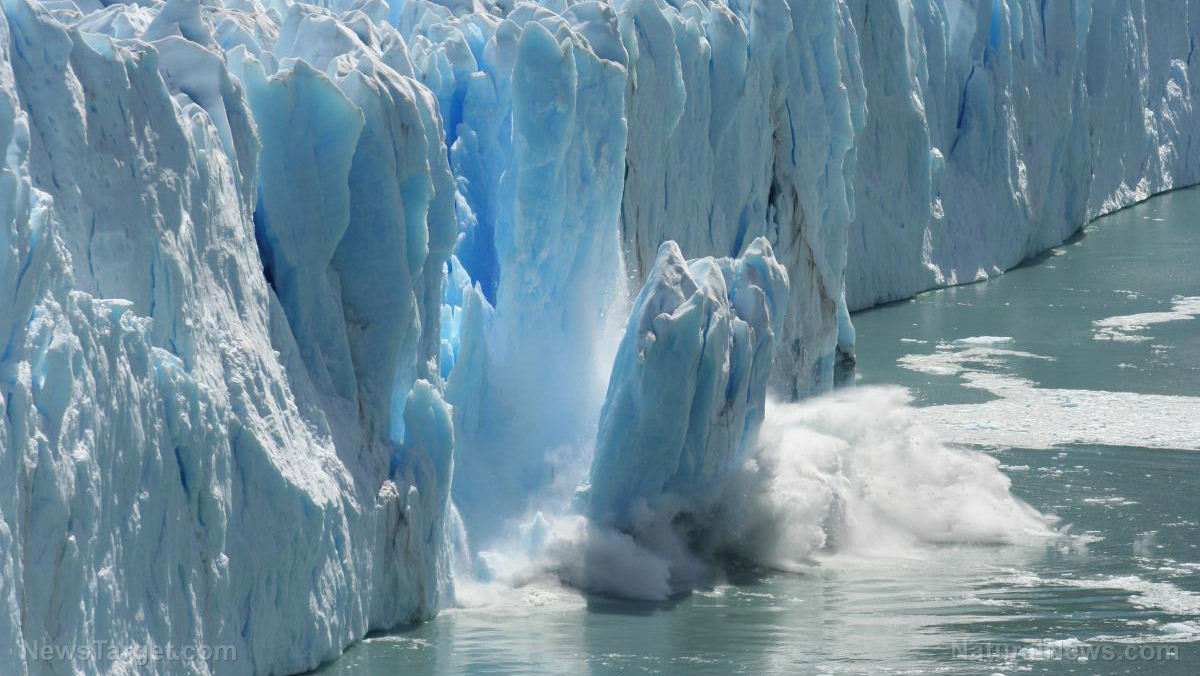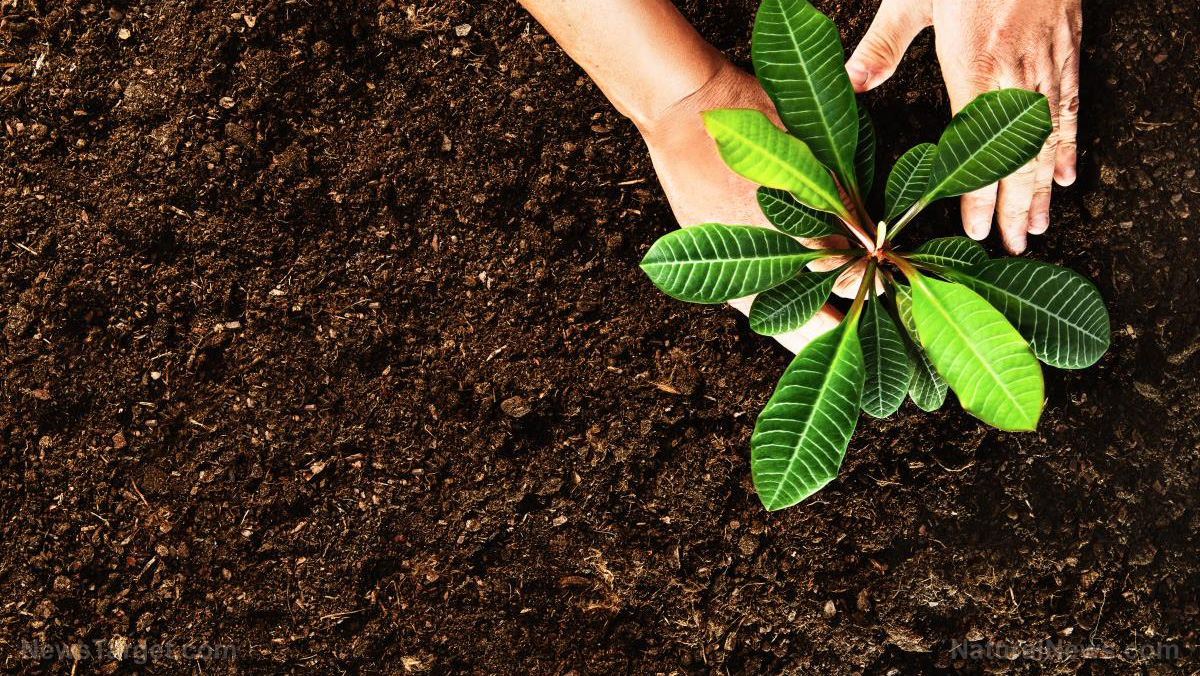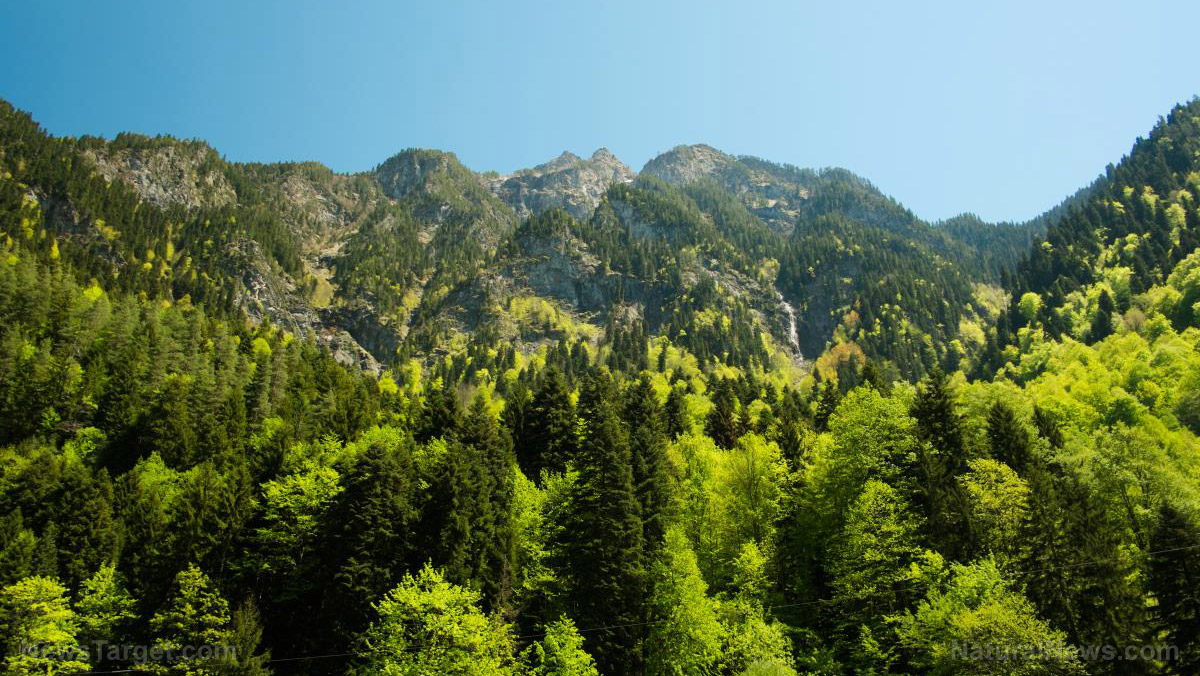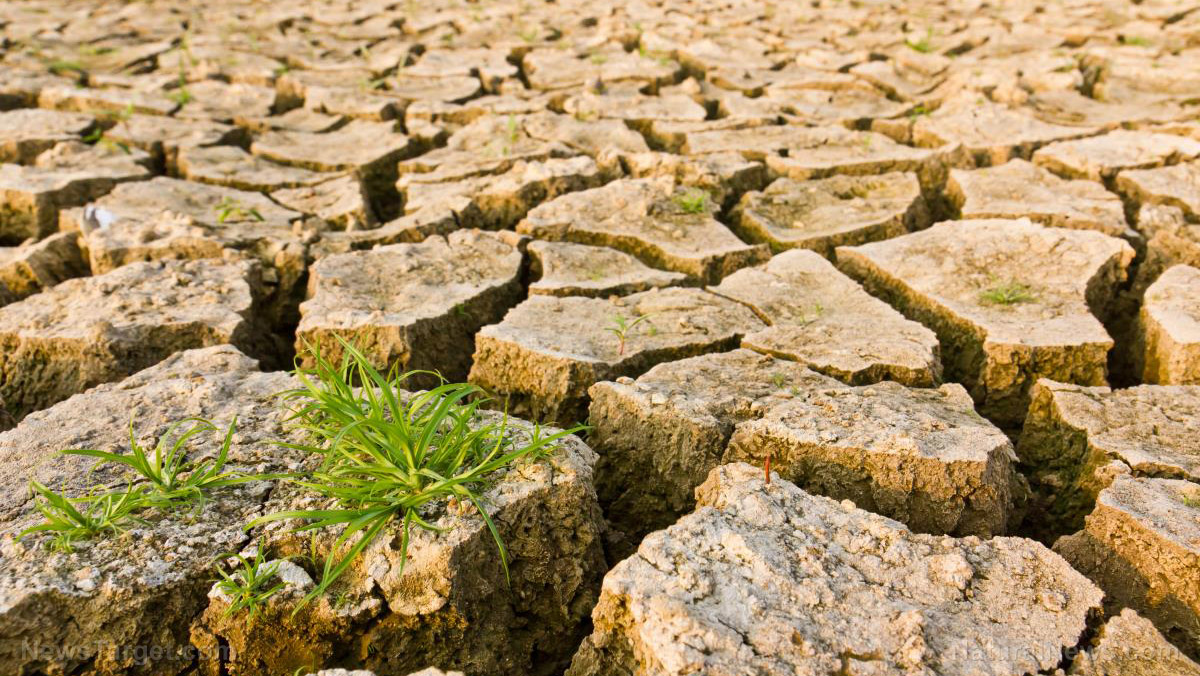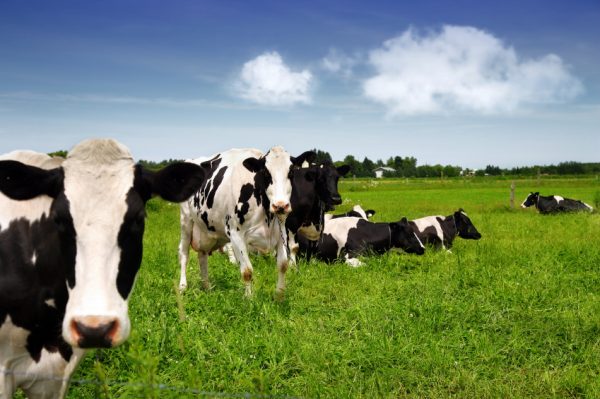Amazon rain forests are an integral part of the Earth’s ecosystem. As Louis Santiago, a professor of Botany & Plant Sciences from the University of California at Riverside contends, “Because of its sheer size, what happens in the Amazon affects the whole world.” While climate change alarmists have claimed that the lush forests of the Amazon are in danger, it turns out the trees that make up the rain forest’s canopy are more resilient than previously thought.
Santiago, who also has an appointed position at the Smithsonian Tropical Research Institute, was first inspired to look deeper into how Amazonian trees handle drought conditions back in 2013.
One of the biggest concerns facing trees during a drought is the potential for them to develop a condition known as hydraulic failure. This condition occurs when a tree’s roots suck up air bubbles, which then block the flow of water and nutrients within the xylem (the trees’ inner vascular system). It is very similar to an embolism in humans.
In order to study the Amazonian trees’ resistance to drought, Santiago and his team examined how readily they would develop hydraulic failure. Tree branches gathered from the canopies of French Guiana were used to conduct their experiments.
What they found was shocking: The tropical trees actually had developed their own way to survive in droughts. The plants had a special layer of cells designed to store water and balance osmotic pressure, so the water can be distributed to where it’s needed most.
Commenting on their findings, Santiago explained, “Tropical trees, compared those in temperate forests, have three times as many living cells surrounding the xylem that can facilitate these processes, which are not observed by the typical experiments we conduct to determine how vulnerable a plant is to droughts.”
In the press release, the researchers are quick to point out that the Amazon rainforest contains upwards of 20 percent of the world’s carbon dioxide (CO2), and point to CO2 as a cause of drought.
But as Mike Adams has reported, CO2 is essential for plant life. It’s a key element for the process of photosynthesis — which is how plants create the very energy they need to thrive.
More, research has shown that higher levels of CO2 may actually protect plants against drought conditions. Research from 2016 indicated that plants respond to high levels of CO2 and ultimately need less water to survive.
As Phys.org explains:
[W]hen Earth’s atmosphere holds more carbon dioxide, plants actually benefit from having more of the molecules they need to build their carbon-rich bodies. Plants take in carbon dioxide through tiny openings called stomata that cover their leaves. But as they draw in carbon dioxide, moisture escapes. When carbon dioxide is more plentiful, the stomata don’t need to be open for as long, and so the plants lose less water. The plants thus draw less water from the soil through their roots.
So-called experts have claimed that more than two-thirds of the planet will be under drought conditions in the next century. But when this amazing plant response to increased CO2 levels is accounted for, the number of drought areas is cut in half. More, these calculations do not even include the extra growing capacity of plants experience thanks to the CO2 fertilization effect.
Ultimately, it seems that CO2 is not the monster its been made out to be — as the Health Ranger has reiterated many times before, it is essential for plant life. More, it seems that CO2 can actually help protect plants during times of drought. Learn more about real climate science at Climate.news.
Sources for this article include:
ScienceDaily.com
ClimateNewsNetwork.net
Phys.org








